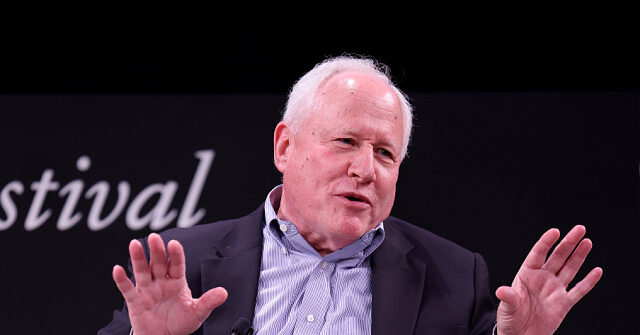Introduction: The Debate Over Transgender Rights and Political Alignments
In recent weeks, a heated debate has emerged in the political arena, focusing on transgender rights and the policies surrounding them. At the center of this debate is Bill Kristol, a prominent neoconservative figure, who has come under scrutiny for his stance on the issue. Kristol, known for his critiques of Donald Trump, has been urging his allies to stand in solidarity with transgender individuals, denouncing Trump’s policies as unjust and dangerous. This stance has sparked a broader conversation about the intersection of politics, identity, and human rights, drawing in voices from various sides of the political spectrum.
Kristol’s Call to Action: A Neoconservative’s Support for Transgender Rights
Bill Kristol, a notable figure in neoconservative circles, recently made headlines by encouraging his Never Trump allies to support transgender individuals. His call to action came in response to an article by Marc Solomon, a partner at Civitas Public Affairs Group, who advocates for the rights of transgender Americans. Kristol’s support is significant, given his history of opposing Trump, and highlights the complex dynamics within the Republican Party regarding social issues. His stance underscores a belief that standing up for marginalized communities is a moral imperative, even if it means crossing political lines.
Solomon’s Argument: The Human Impact of Anti-Trans Policies
Marc Solomon’s article provides a compelling narrative, emphasizing the human cost of policies targeting transgender individuals. He argues that the Trump administration’s actions, such as restricting transgender participation in women’s sports and military service, dehumanize and deny the existence of transgender people. Solomon draws parallels to historical injustices, referencing a poem by Pastor Martin Niemöller, which serves as a poignant reminder of the dangers of silence in the face of oppression. His argument is not just political but deeply personal, urging empathy and understanding to counteract the fear and division sowed by such policies.
Trump’s Executive Orders: Policy and Controversy
President Trump’s executive orders on transgender issues have been a focal point of controversy. The "Keeping Men Out of Women’s Sports" order aims to exclude transgender athletes from participating in women’s sports, citing concerns over fairness and safety. Similarly, the "Prioritizing Military Excellence And Readiness" order restricts military service based on gender identity, arguing that it conflicts with military standards. These policies have been met with both support and criticism, with proponents arguing they protect women’s rights and opponents claiming they marginalize transgender individuals.
The Controversy Surrounding Kristol: A complex Political Legacy
Bill Kristol’s support for transgender rights has not been without criticism, particularly given his past comments on other social issues. His suggestion that white, working-class Americans could be replaced by migrants and his characterization of them as "decadent, lazy," and "spoiled" have drawn accusations of elitism. This history adds complexity to his current stance, with some questioning the sincerity of his advocacy. Regardless, his voice brings attention to the issue, highlighting the need for a broader conversation on inclusivity and social justice.
Conclusion: The Broader Implications of the Debate
The debate over transgender rights, as highlighted by Kristol’s stance and Trump’s policies, reflects deeper societal tensions. It raises questions about identity, rights, and the role of government in personal lives. While the discussion is often polarized, it also presents an opportunity for empathy and understanding. As Solomon’s article and Kristol’s advocacy illustrate, the human impact of these policies cannot be ignored. Moving forward, the challenge lies in fostering a dialogue that balances competing interests with compassion and respect for all individuals.


